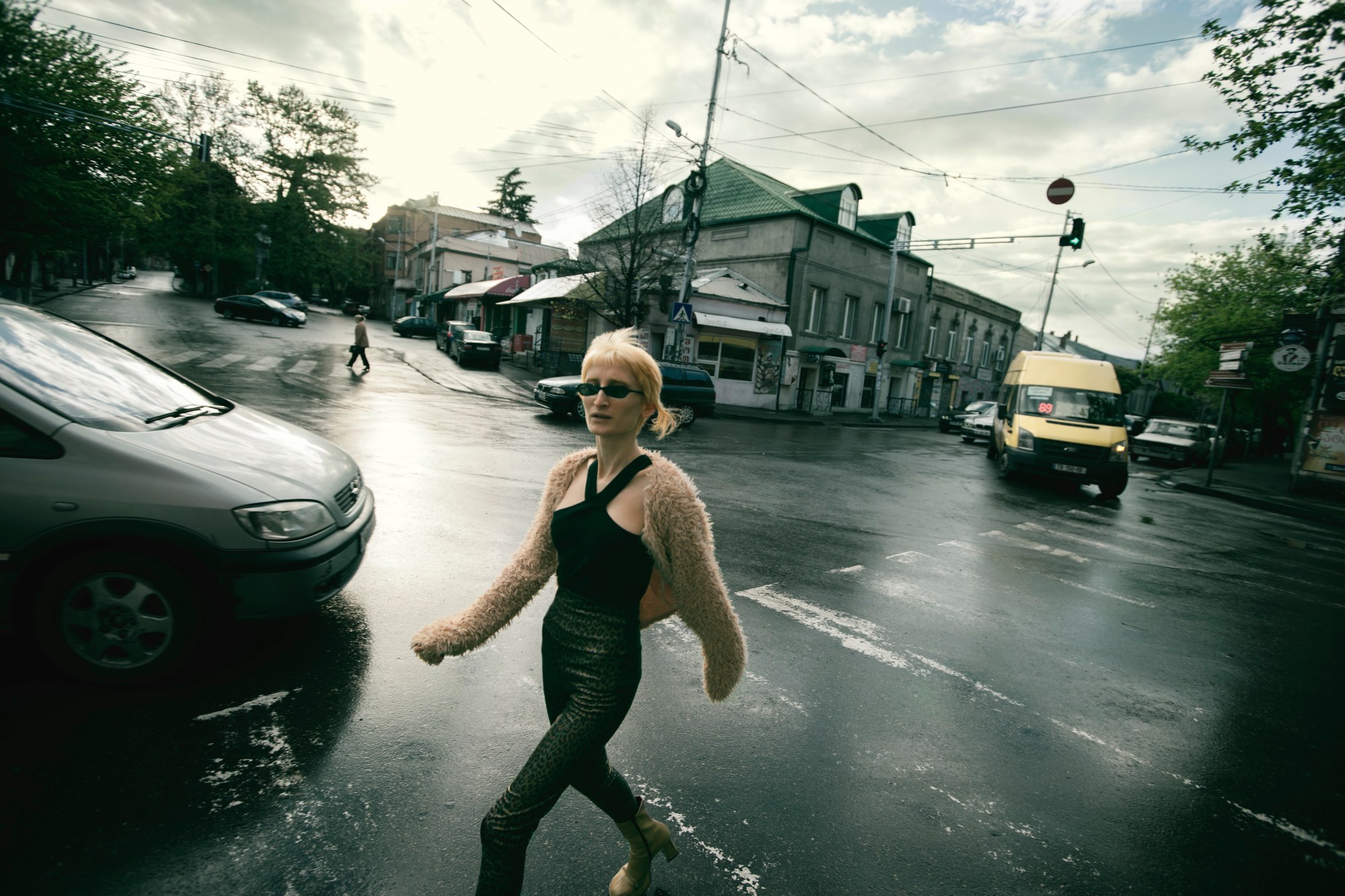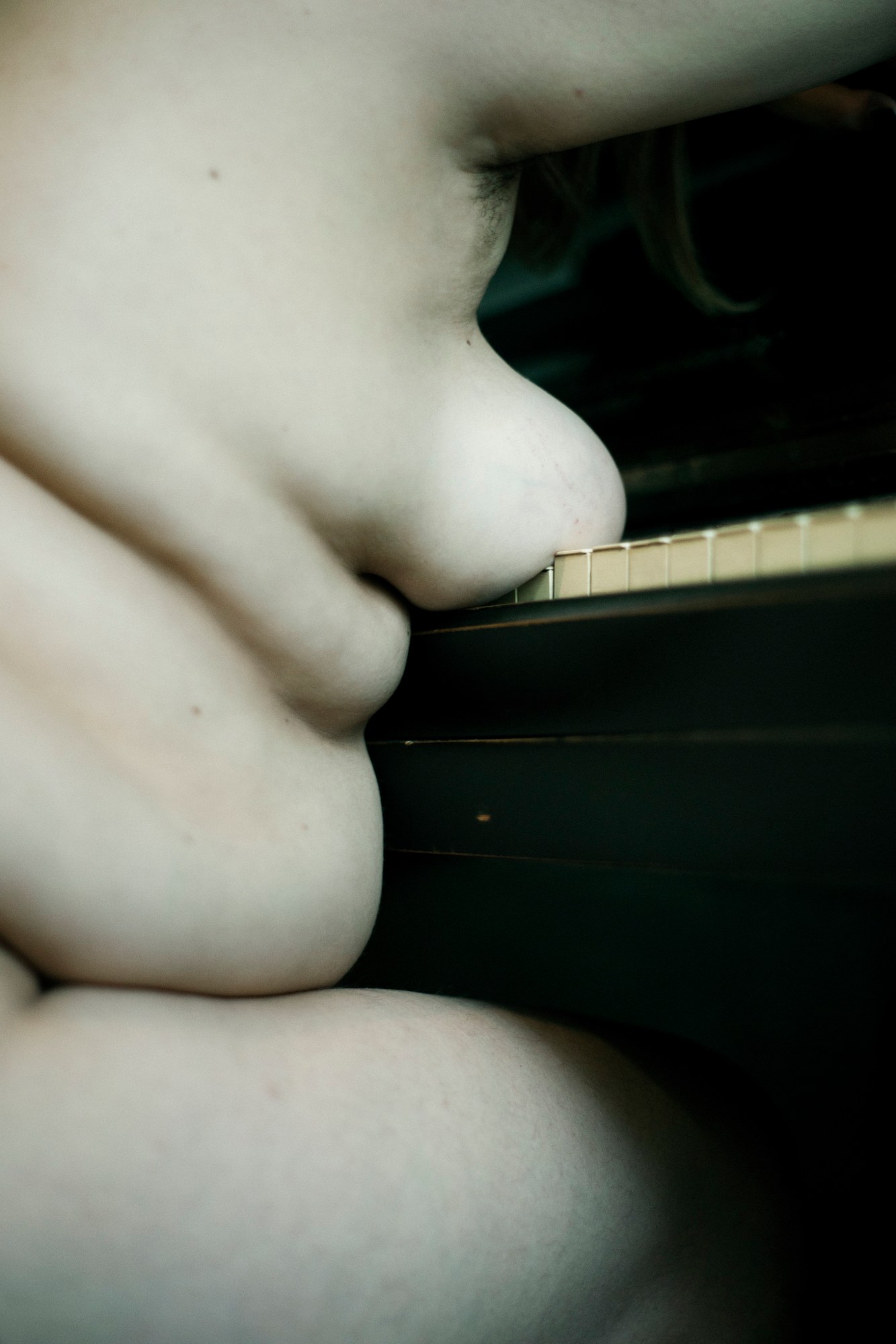This story originally appeared on i-D Netherlands.
Photographer Lasha Fox Tsertsvadze was born and raised in Tbilisi, capital of the rather conservative country of Georgia. Male nudity, femininity, queerness, and non-heteronormativity are themes that would make the hairs of any Georgian patriarch stand up. These are, however, exactly the themes that Lasha explores in his work, which he calls “queer photography.” Although there is no singular definition of the term, it seems to point to a radically different view on gender, sexuality, and bodies — not unimportant considering the fact homophobia in Georgia is prominent. In 2013, for example, thousands of Georgians forcibly ended a peaceful LGBT protest. Earlier this year, 500 heterosexual couples married in public during a demonstration against homophobia and transphobia, but only a handful of LGBT demonstrators dared to take to the streets. It is in this political climate that Lasha operates, making him pretty much the only photographer of his kind in Georgia.
But Lasha refuses to be afraid. “I’ve never been beaten up, as people can tell I’m confident,” he says. This attitude transpires in his work as well. With a keen eye for 90s street fashion — the kind Balenciaga’s Georgian designer Demna Gvasalia is inspired by — Lasha offers an interesting glimpse into the young queer community of Georgia. We sat down with Lasha in his native city Tbilisi to chat about queer activism and the “fuck it” mentality of Georgian youth.
Hi Lasha, what inspired you to start doing queer photography?
I’ve been shooting ever since I was sixteen, but always on a very low-key basis. In 2016 I went to Denmark for eight months, to take some boring photos as part of a school assignment. It did however gave me plenty of time to think about what I really wanted to do when I’d come back to Georgia. I hadn’t done any real projects, but I did know many people who were interested in being (semi) naked models. After a year, I eventually made the series Giorgi [the first queer photography exhibition in Georgia, in March 2018]. Nothing like that had ever happened in the country before, so I figured it would be a big chance both for me and the rest of our society. I don’t mind making these statements, as I don’t have anything to lose when it comes to that. I’m not afraid or ashamed. I never hide my identity — all people around me know it already anyways: I’m a faggot.
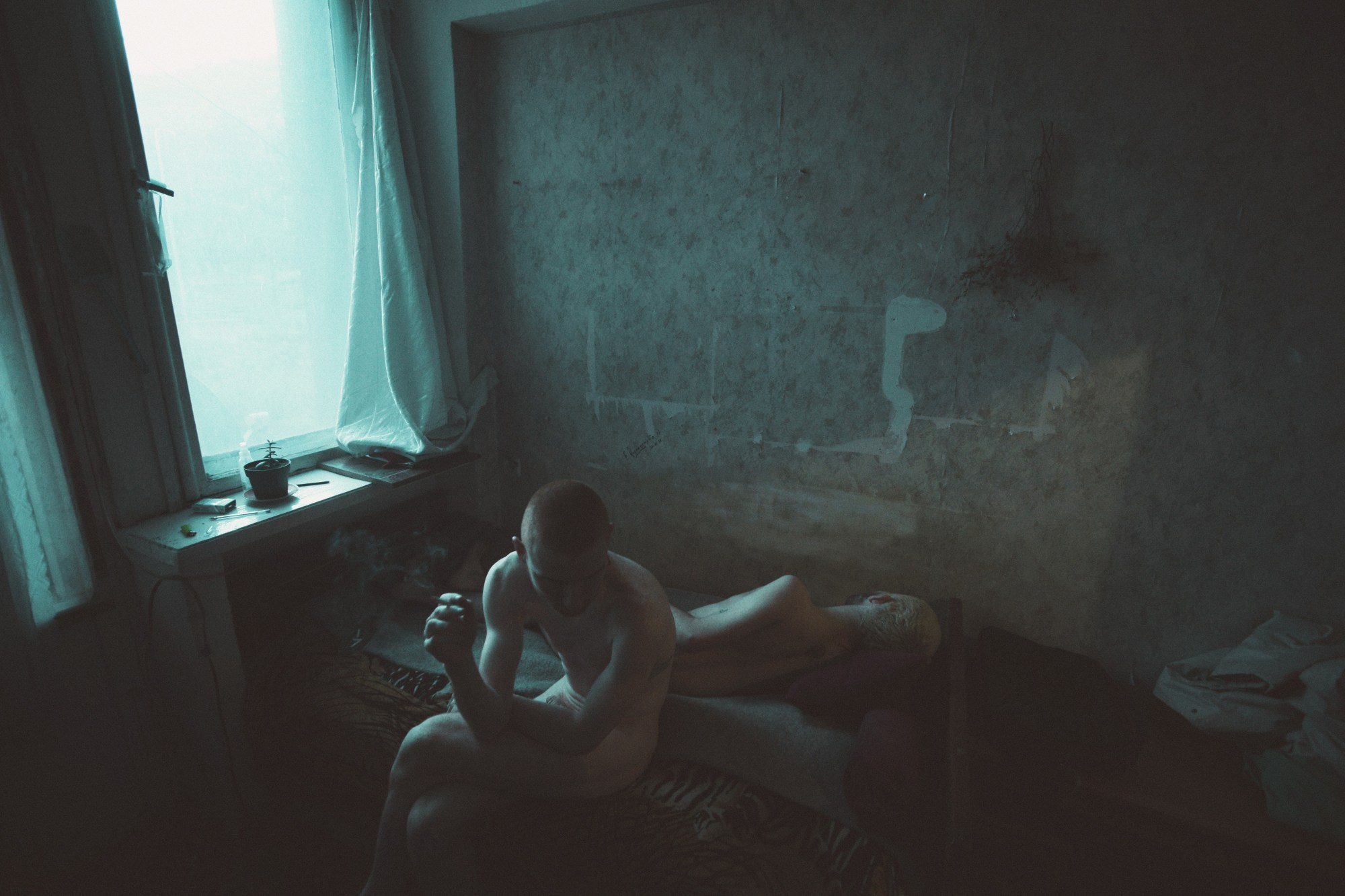
How would you describe your own style?
That’s difficult. As long as it increases the visibility of the LGBT community and shows some kind of vulnerability, it’s fine with me. I do nude portraits, but I also take photos of young people in second-hand clothes who look way more colorful and special than the average Georgian. These models are non-binary as well, and are changing society in their own ways. One of my friends likes to call me a fashion documentarist. I guess I have an eye for aesthetics, although sometimes it’s difficult to look beyond what I call aesthetic fascism. Sometimes I really need to force myself to see that everyone’s beautiful.

What do you mean by that?
I grew up the way everyone in Georgia did: with a very masculine, macho beauty ideal. I really had to take that down for myself. Two months ago, I posted a picture of myself online with makeup on, with a description next to it saying: ‘I apologize to every feminine man that I ever denied, blocked, or ignored.’

How does this apply to your work as a photographer?
I try to push people to show who they really are, and to not undermine their own body and identity. Naturally, the first way of doing so is by being an example myself: with my nude self portraits, but also by wearing make-up and bright red lipstick on the metro and posting people’s reactions on my Instagram story. I truly believe that when you shock people by being extremely different, you make it easier for people who are just ‘a little’ different. If people see a guy wearing an earring after seeing me, they’ll say, ‘It’s fine, I’ve seen worse.’ Normalizing that group is the first step.
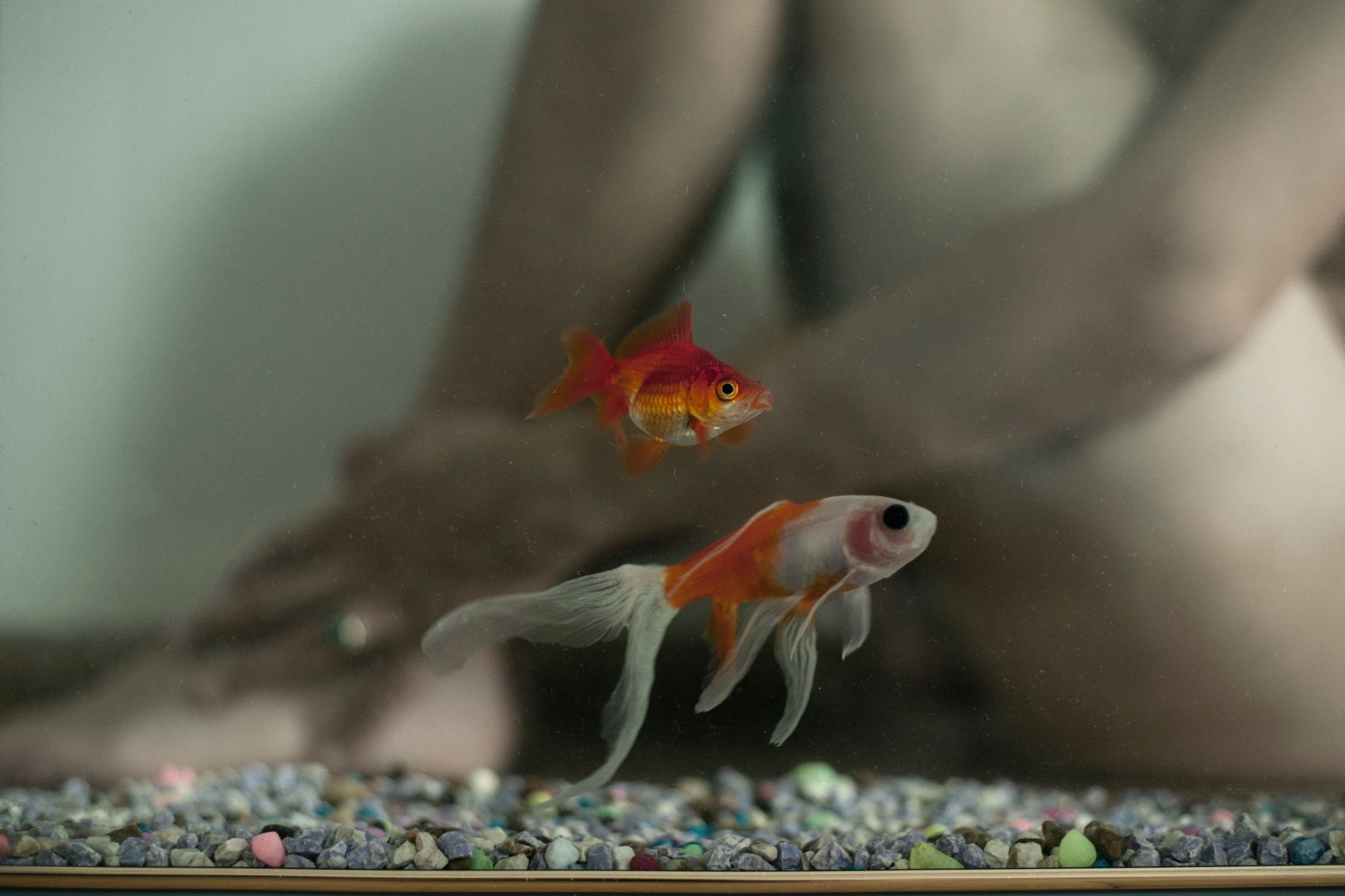
What kind of reaction do you get when showcasing your work in Georgia?
I’ve gained quite some fans within my own circles, but apart from that I don’t really get much feedback. Though I’m quite sure that most Georgians would be absolutely disgusted by my work if they’d ever lay eyes on it. One time, I took a self portrait which got shared so much online that it also reached people who don’t share the same outlook on life, and who obviously didn’t approve of the image. ‘This is horrible,’ ‘Georgian men have to be masculine,’ ‘Men shouldn’t wear make-up,’ the list goes on. Still I’d happily start a friendly conversation with each and every one of them. I’d just ask them some questions. ‘Why do you think this way?’ ‘What am I doing wrong according to you?’ ‘Why does this make me any less of a man?’ ‘Why are you calling me names?’ They never really know how to reply after that, because they were waiting for me to call them out.
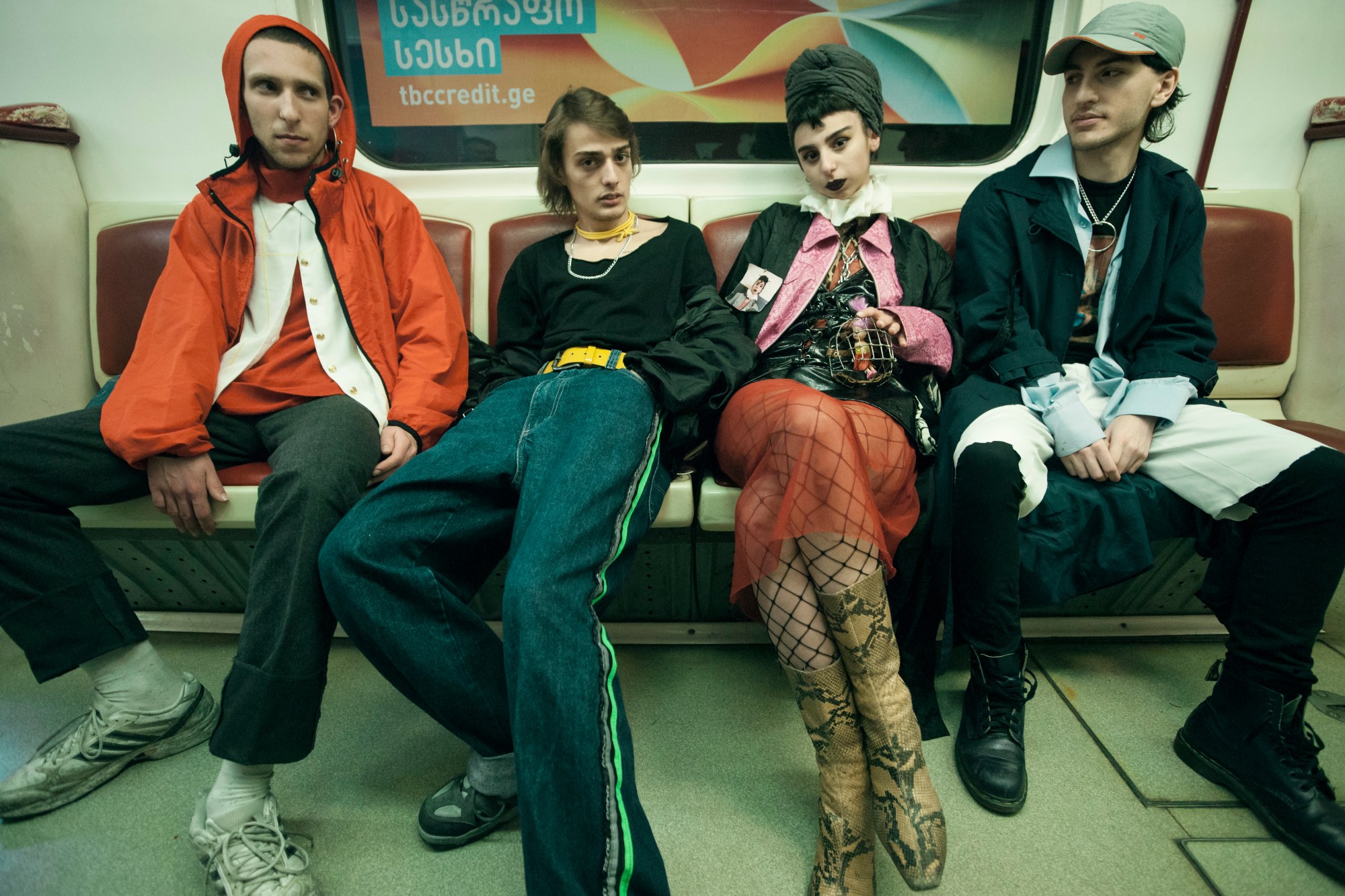
Does your personal style make it difficult for you to find jobs as a photographer?
It can be quite difficult to be a freelance and queer photographer sometimes. There’s absolutely no money here for the kind of queer activism that I’m involved with. I get more requests from foreigners who are interested in buying my work than from locals, and so my first Georgian publication only happened quite recently, while my work has been shown in magazines from Berlin a few times already, such as in Pornceptual and Post Pravda. My friends sometimes recommend me as a photographer for conferences, but I rarely get any messages back, probably because they took a look at my Instagram.
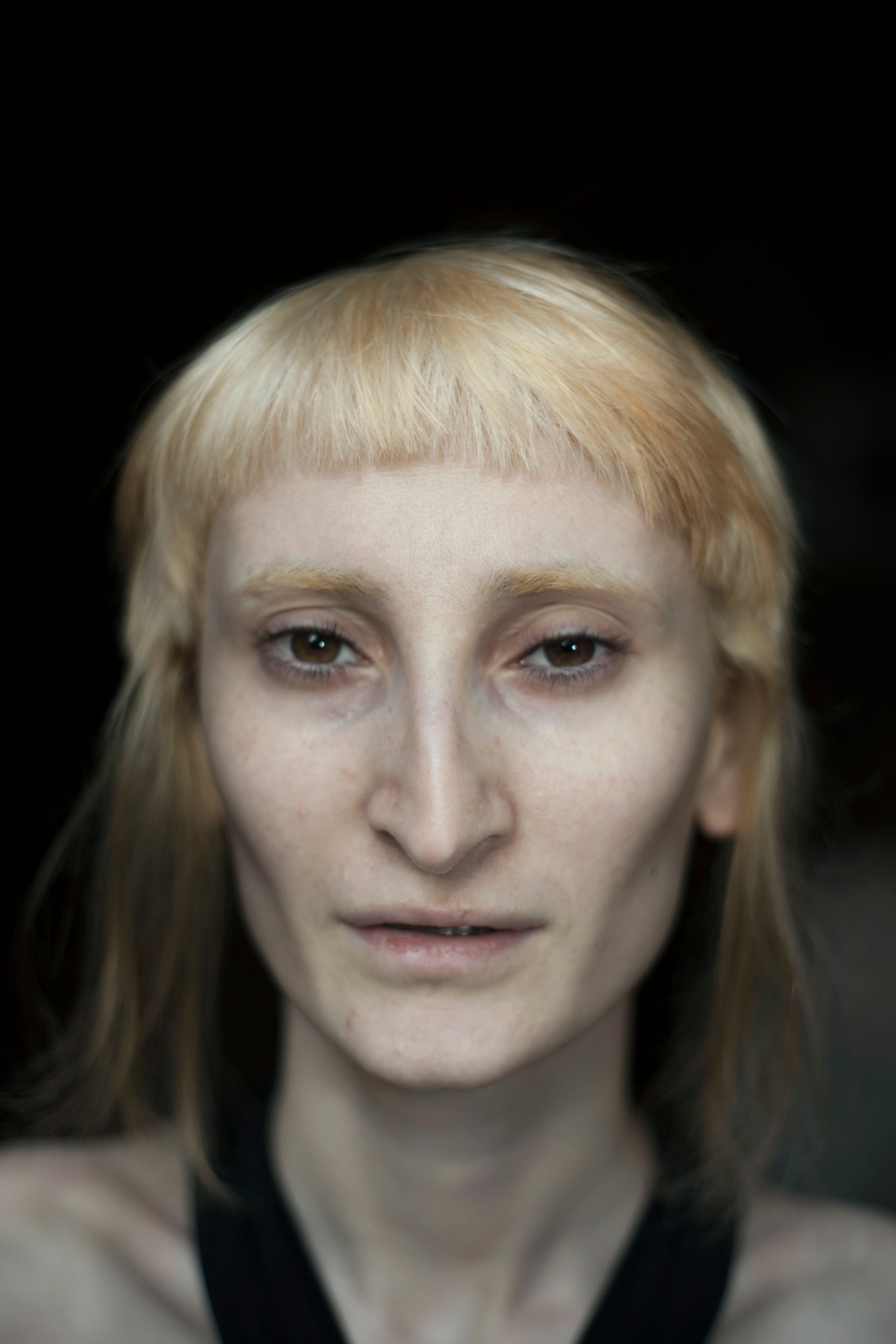
How do you get your models to pose naked for you in such a conservative country?
People are relatively okay with photographing female bodies here in Georgia, but the same definitely doesn’t apply to male bodies. At first I started looking for models within in my own circle — people who are openly gay, bi, or queer, or just a bit of a rebellious raver. That quickly expanded to friends of friends and men on Grindr. At one point I went to Horoom’s Facebook group [Horoom is the name of the gay parties in Bassiani, Georgia’s biggest techno club] and made a post saying that I was looking for models. That post gained so much attention I even had to make a waiting list for all the people who were willing to model for me. It’s amazing that, despite living in such a conservative society, people enjoy seeing beautiful nude portraits of themselves being published. The people I photograph aren’t wealthy and often don’t have a big chance of ending up in high positions, and my photos might hamper their career. The Georgian youth really has a ‘fuck it’ mentality.
What does the future hold for Lasha Fox?
Right now, I’m working on a project about beauty ideals, body positivity, and elderly women. But mostly, I just want to pursue what I’m doing right now and eventually get so good at it, that clients will just accept my queerness for what it is — that they won’t be able to ignore me any longer.
Follow Lasha Fox on Instagram, or on Tumblr, where you can find all uncensored images.
